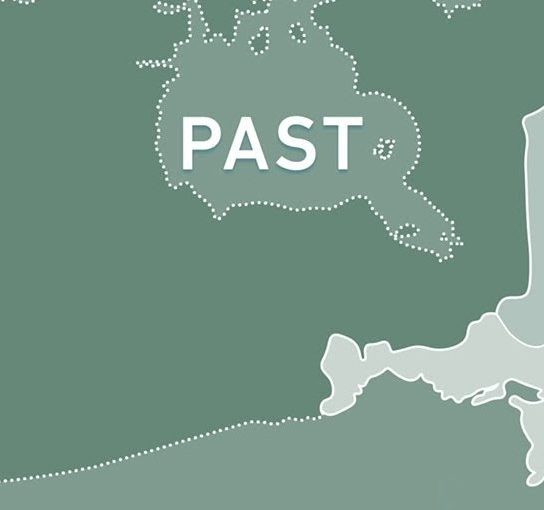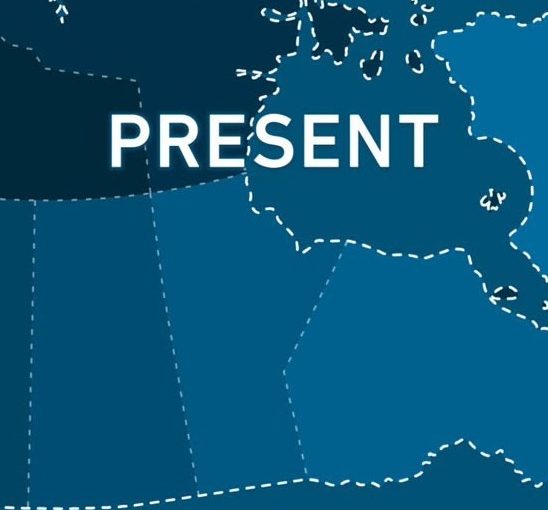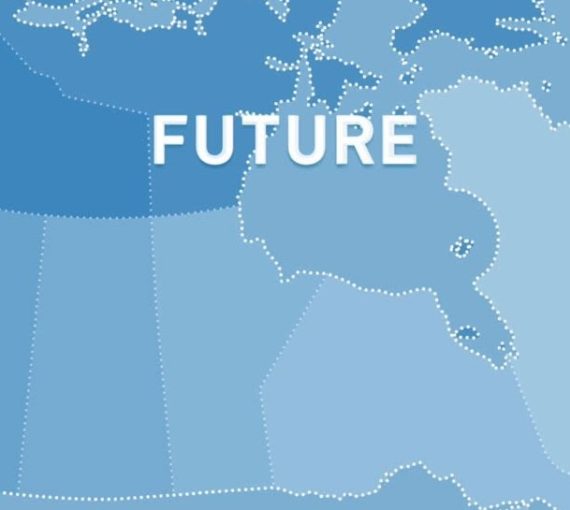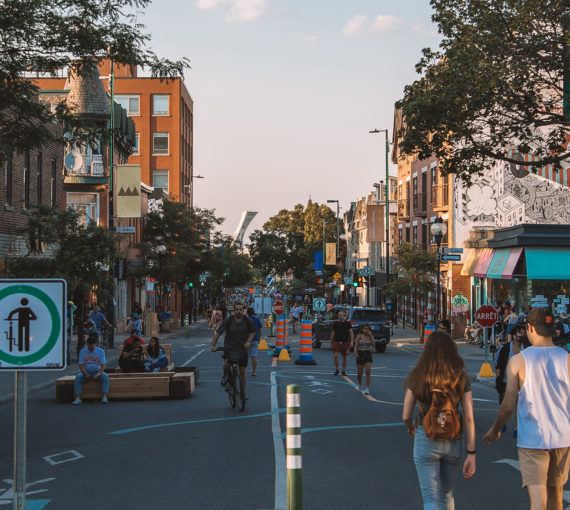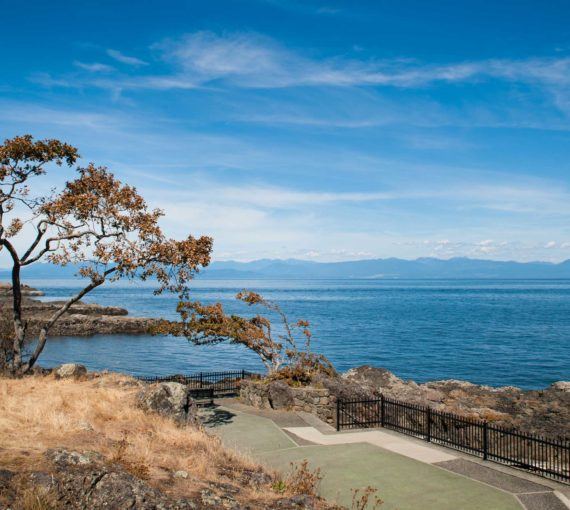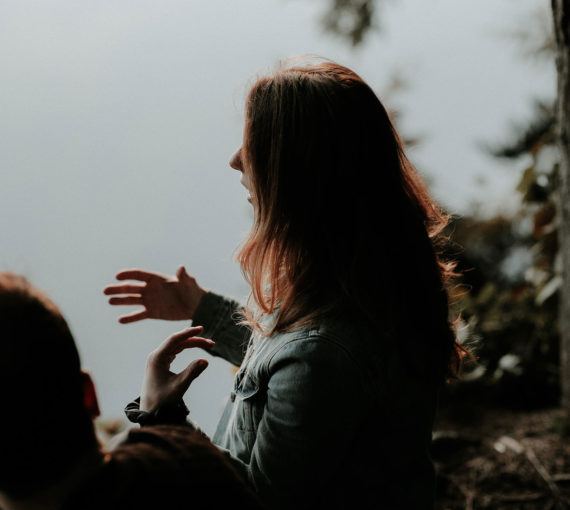Land Back is an Indigenous-led movement with a rich and complex meaning. In the words of Isaac Murdoch, “Land Back is people returning back and finding their place in those systems of life.”
According to journalist and Canada Council for the Arts chair Jesse Wente, Land Back is “about the decision-making power. It’s about self-determination for our Peoples here that should include some access to the territories and resources in a more equitable fashion, and for us to have control over how that actually looks.”
Systems of land governance under our current provincial and federal governments not only exclude Indigenous Peoples from decision-making tables where choices about land use are made, they also fail to set limits for industrial activities and development, driving wildlife decline and ecosystem degradation.
The David Suzuki Foundation believes that land governance in Canada must change to recognize and uphold Indigenous rights and responsibilities, and to restore nature’s once abundant ecosystems.
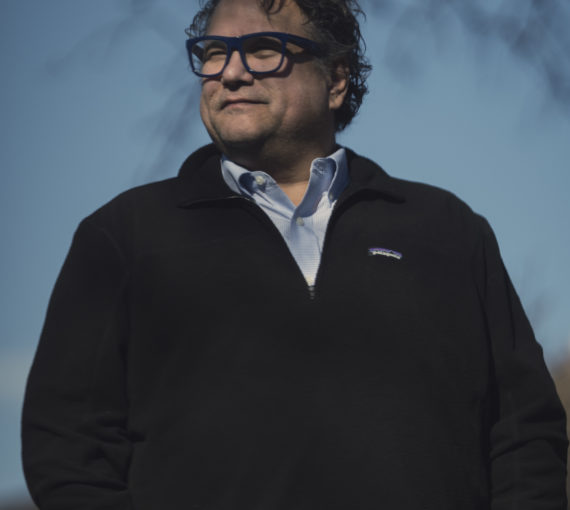
Land Back is really about the decision-making power. It’s about self-determination for our Peoples here that should include some access to the territories and resources in a more equitable fashion, and for us to have control over how that actually looks.
Jesse Wente, Chair, Canada Council for the Arts
Photo credit: Ian Maracle
What happened to the treaties?
Throughout the history of Canada, Indigenous Peoples have been removed from the lands that once sustained them — relocated to ever-diminishing reserves.
In some territories, Canada and Indigenous Peoples signed treaties to share the lands and waters. But Canada’s implementation of the treaties has, in almost every instance, failed to honour that understanding.
In other territories, Indigenous Peoples did not sign treaties. In these territories, Indigenous Peoples made no legal agreements with Canada to share responsibility of the lands and waters. In essence, Canada took governance of these lands and resources without consent.
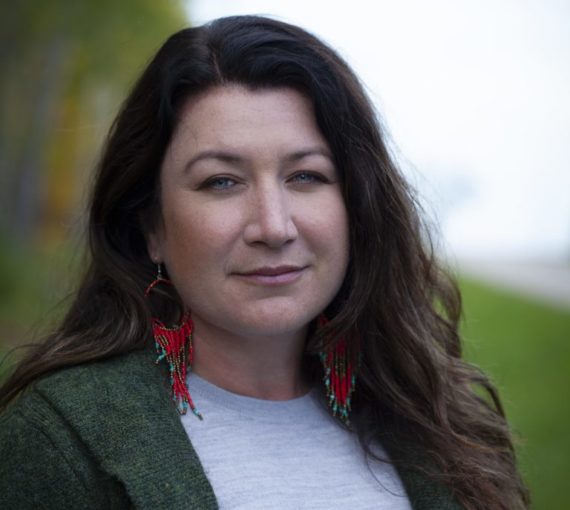
We can see [the challenge] in the images of land defenders coming up against the state police. Both are lawful — both are employing their own systems of law. What you have are two legitimate legal authorities that are saying two different things.
Aimée Craft, Associate Professor, University of Ottawa
Photo credit: KC Adams
Indigenous understandings of governance
Indigenous Peoples had laws and systems of governance long before Europeans landed on what is now called Canada and imposed their own, colonial laws. Colonialists viewed nature as property to be owned or resources to be commodified. In contrast, many Indigenous Peoples speak of inherent rights accompanied by inherent responsibilities to the natural world. For example, University of Windsor faculty of law associate professor and associate dean Beverly Jacobs says, “Our laws are always about that responsibility — our relationships, reciprocity.”
As Aimée Craft, University of Ottawa associate professor, explains, “We can see [the challenge] in the images of land defenders coming up against the state police. Both are lawful — both are employing their own systems of law. What you have are two legitimate legal authorities that are saying two different things.”
The resulting conflicts over land-use decisions point to a need for Canadians to have conversations, sometimes difficult, about what needs to change to ensure more just systems of land governance.
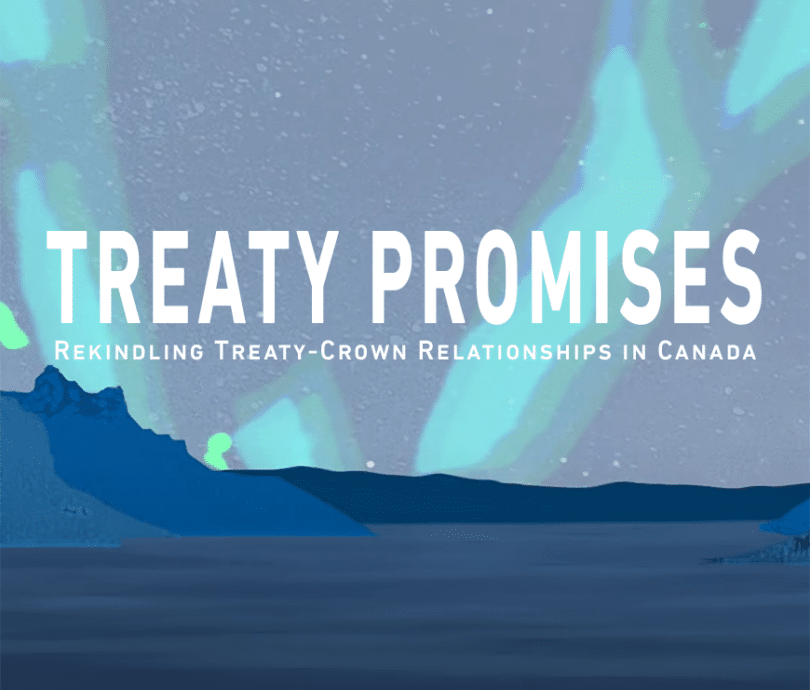
Why are treaties so contentious?
Treaties were meant to be mutually beneficial. But in reality, they have been used by the Crown to advance resource-extraction activities on land that was previously governed by Indigenous Peoples.
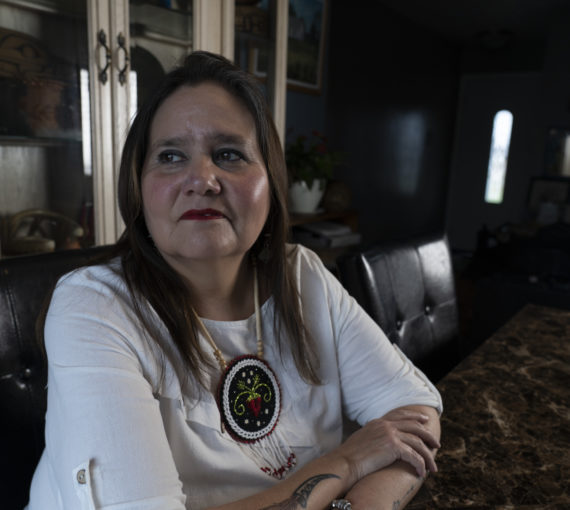
Our laws are always about that responsibility — our relationships, reciprocity.
Beverly Jacobs, Faculty of Law, University of Windsor
Photo credit: Ian Maracle
How can I support the Land Back movement?
Globally, Indigenous Peoples comprise less than five per cent of the world’s population, but protect 80 per cent of the planet’s biodiversity. Because Indigenous knowledge of lands and waters has evolved over thousands of years, their governance models might help to address the climate and biodiversity crises.
In recent years, the David Suzuki Foundation has supported Indigenous-led conservation by supporting the establishment of Indigenous Protected and Conserved Areas, and by promoting Indigenous-led restoration and species-recovery work.
But Indigenous land governance reaches beyond the boundaries of protected areas.
Allies of Indigenous Peoples must also understand the colonial systems of governance that created these conditions for Indigenous Peoples are also root causes of the environmental crises.
As Jesse Wente notes, allies of Indigenous Peoples should educate themselves and each other. Help answer his request by watching the videos at the top of the page, which aim to open the door to wider conversations about land governance in Canada.
Four things you can do
Here are four things you can do today to support the land back movement:
- Lift the burden of education off the shoulders of your Indigenous friends and colleagues. Watch and share these videos and resources on land governance in Canada, featuring some of Canada’s most prominent Indigenous thought leaders, activists and accomplices.
- Interested in land repatriation initiatives? Find out whose traditional territories you’re on and start the conversation.
- Hold public leaders accountable for policy. Contact municipal, provincial and federal governments to demand the inclusion of affected Indigenous voices at decision-making tables. You can start by signing this letter to the prime minister and your premier.
- Watch and share this webinar, hosted by the David Suzuki Foundation in May 2021, which examines Indigenous rights and responsibilities and the root causes of conflicts over land-use and resource extraction in Canada. The webinar panel includes:
- Aimée Craft, Associate Professor, University of Ottawa
- Doug White, QC, Lawyer and Chair, BC First Nations Justice Council
- Marilyn Baptiste, Former Chief, Xeni Gwet’in First Nation
- Rachel Plotkin, Boreal Project Manager, David Suzuki Foundation
Help create a more just future for all
Canada needs strong laws and policies to protect and restore Indigenous governance to their traditional territories.
Act now to help protect nature and promote Indigenous rights
